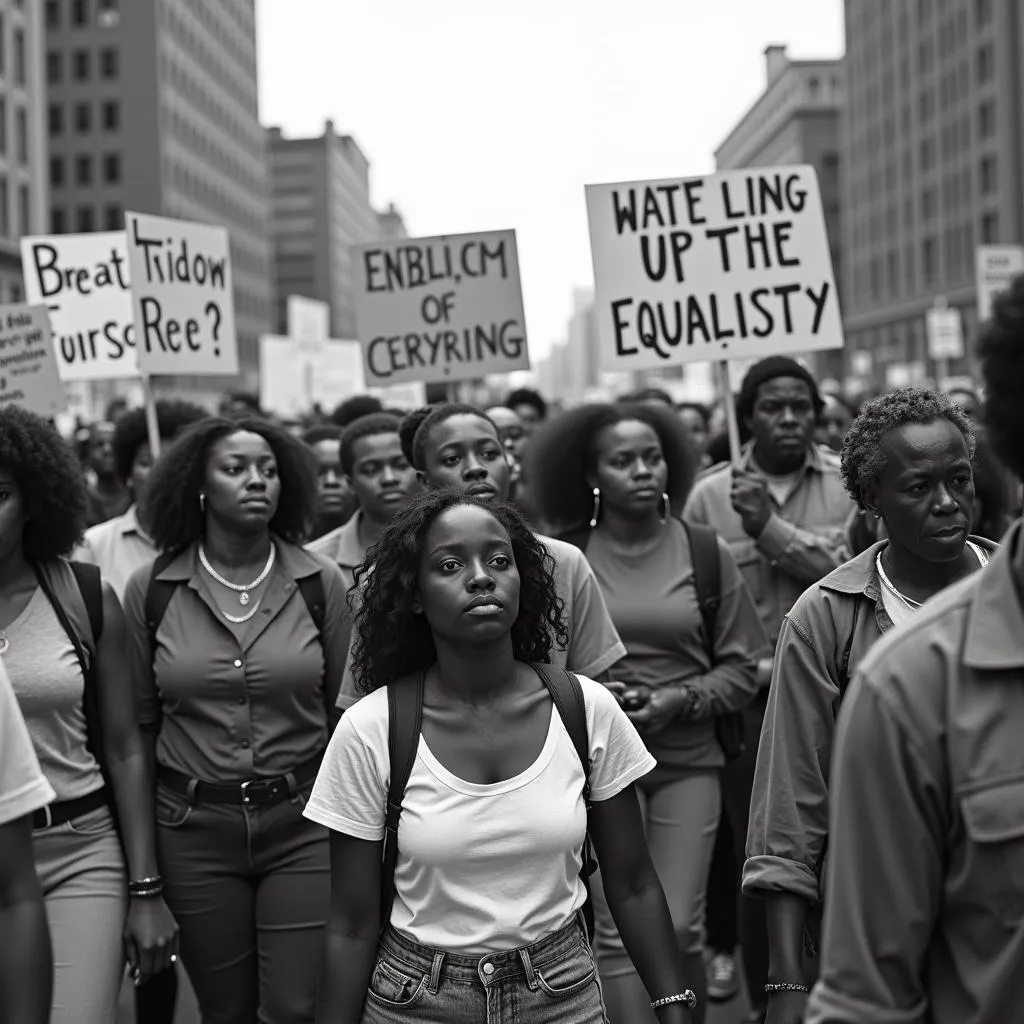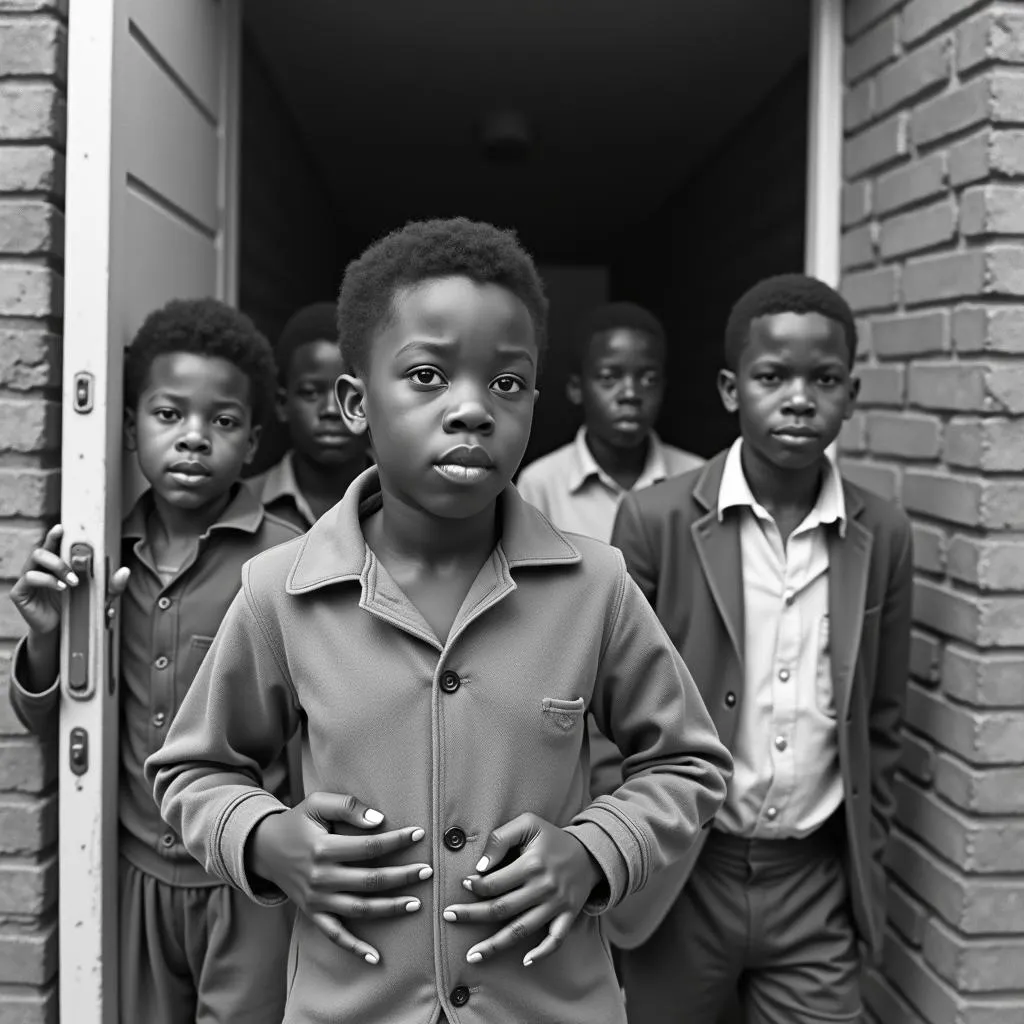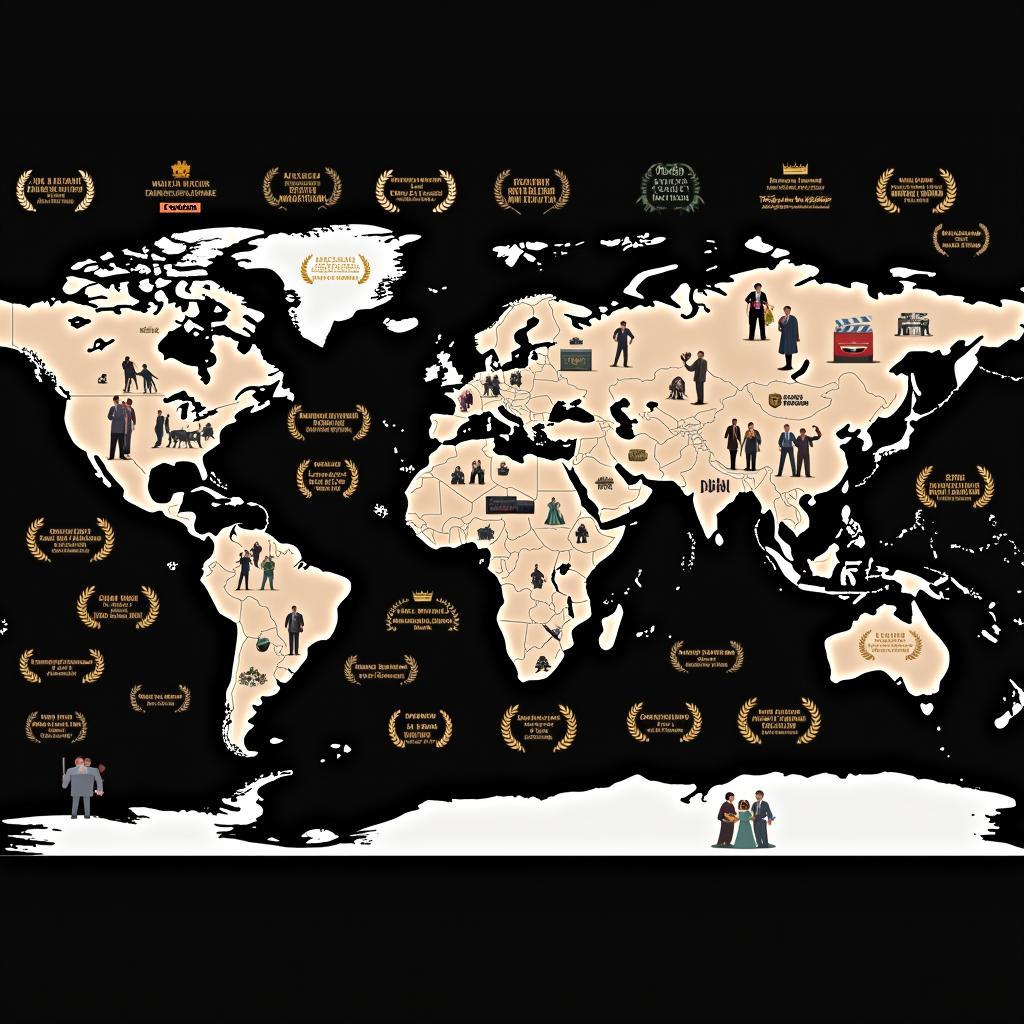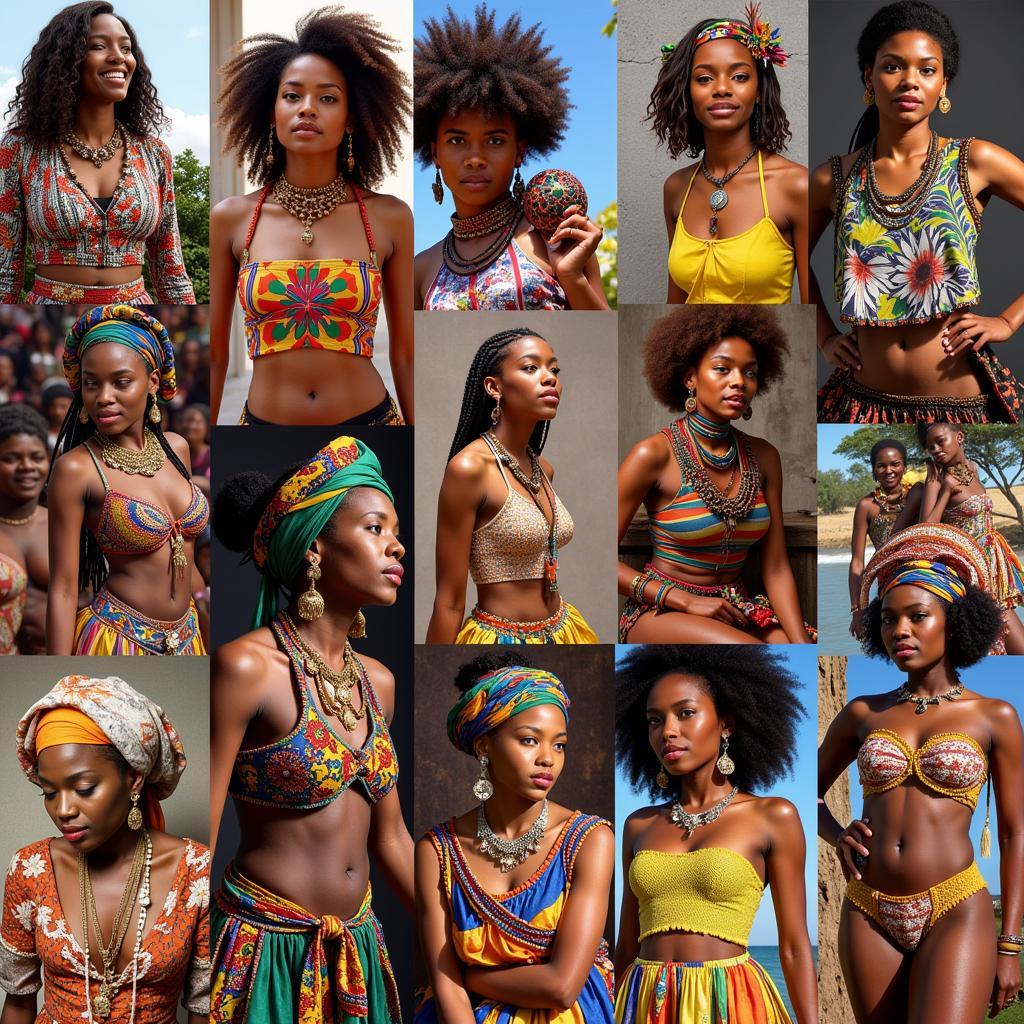African Americans and Civil Rights: A Journey Towards Equality
The fight for civil rights by African Americans is a testament to human resilience and the pursuit of justice. This struggle, spanning centuries, has seen immense sacrifices and triumphs, shaping the social and political landscape of the United States.
From Segregation to the Civil Rights Movement
The journey towards equality for African Americans has been arduous, marked by systemic discrimination and segregation. From the era of slavery to the Jim Crow South, African Americans faced legal and social barriers that denied them basic human rights. The Civil Rights Movement, emerging in the mid-20th century, became a beacon of hope and resistance.
Key Figures and Milestones
The Civil Rights Movement was spearheaded by iconic figures like Martin Luther King Jr., Malcolm X, and Rosa Parks, who inspired millions with their courage and commitment to equality. Landmark events like the Montgomery Bus Boycott, the March on Washington, and the Selma to Montgomery marches brought the plight of African Americans to the forefront of national consciousness.
 African American protesters marching for Civil Rights
African American protesters marching for Civil Rights
The Legacy of the Civil Rights Movement
The Civil Rights Movement achieved significant legal victories, leading to the passing of the Civil Rights Act of 1964 and the Voting Rights Act of 1965. These landmark legislations outlawed discrimination based on race, color, religion, sex, or national origin, and ensured the right to vote for all citizens. However, the fight for equal rights continues.
The Ongoing Struggle for Social and Economic Justice
Despite legal advancements, African Americans still face disparities in areas like education, healthcare, and criminal justice. The fight for civil rights has evolved to address systemic racism and social injustice that persist in various forms.
 African American students attending an integrated school
African American students attending an integrated school
African American Voices and Contributions
Throughout history, African Americans have made invaluable contributions to American culture, art, music, literature, and politics. From the Harlem Renaissance to the Black Lives Matter movement, their voices have enriched the nation’s cultural tapestry and challenged societal norms.
The Power of Representation and Amplifying Black Voices
Representation matters, and amplifying Black voices is crucial to understanding the multifaceted experiences of African Americans. Through literature, film, music, and other art forms, African American artists and creators continue to challenge stereotypes and inspire dialogue on race and equality.
 African American author signing books at a bookstore
African American author signing books at a bookstore
Conclusion
The journey towards equality for African Americans is an ongoing process, requiring continuous dialogue, understanding, and action. While significant strides have been made, the fight for civil rights is far from over. By acknowledging the past, understanding the present, and working towards a more just future, we can honor the sacrifices of those who came before us and strive for a society where equality is a reality for all.
FAQs
1. What were the main goals of the Civil Rights Movement?
The Civil Rights Movement aimed to end segregation, achieve equal rights under the law, and secure voting rights for African Americans.
2. What are some of the challenges that African Americans face today?
Despite legal advancements, challenges remain in areas like racial profiling, mass incarceration, economic inequality, and healthcare disparities.
3. How can I learn more about African American history and the Civil Rights Movement?
Resources like the African American Museum, historical archives, documentaries, and books provide valuable insights into this crucial aspect of American history.
4. What is the significance of Juneteenth?
Juneteenth commemorates the emancipation of enslaved African Americans in the United States, marking a pivotal moment in the fight for freedom and equality.
5. How can I support the ongoing fight for racial justice?
Educating yourself on systemic racism, supporting organizations working towards racial equality, and engaging in constructive dialogue are some ways to contribute.
For further information and assistance, please do not hesitate to contact us. Our dedicated team is available 24/7 to answer your queries and provide support. You can reach us via phone at +255768904061, email us at kaka.mag@gmail.com, or visit our office located at Mbarali DC Mawindi, Kangaga, Tanzania. Let us work together towards a more equitable and just future.



